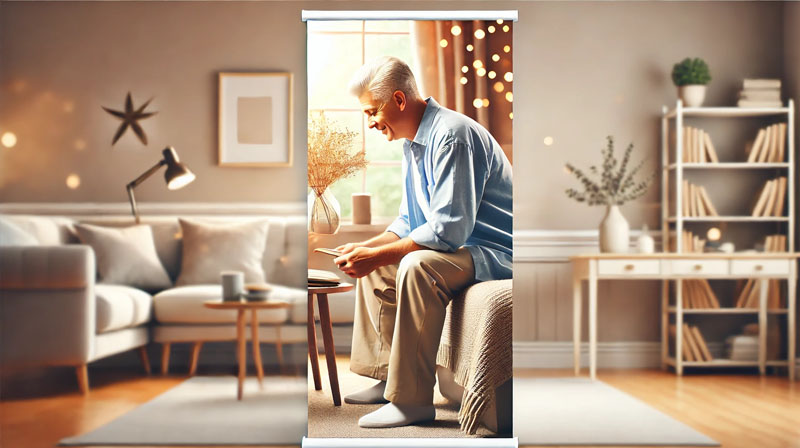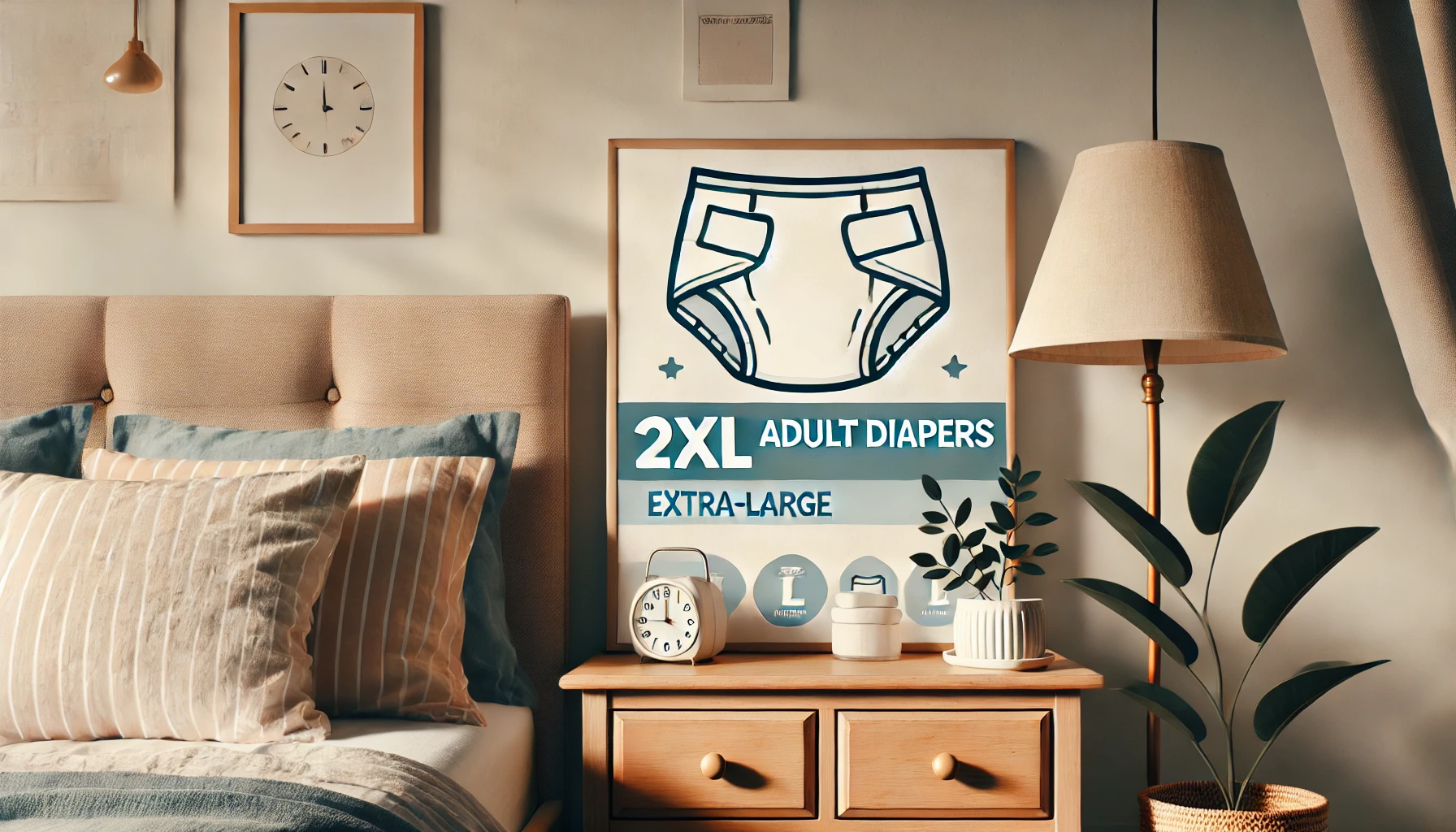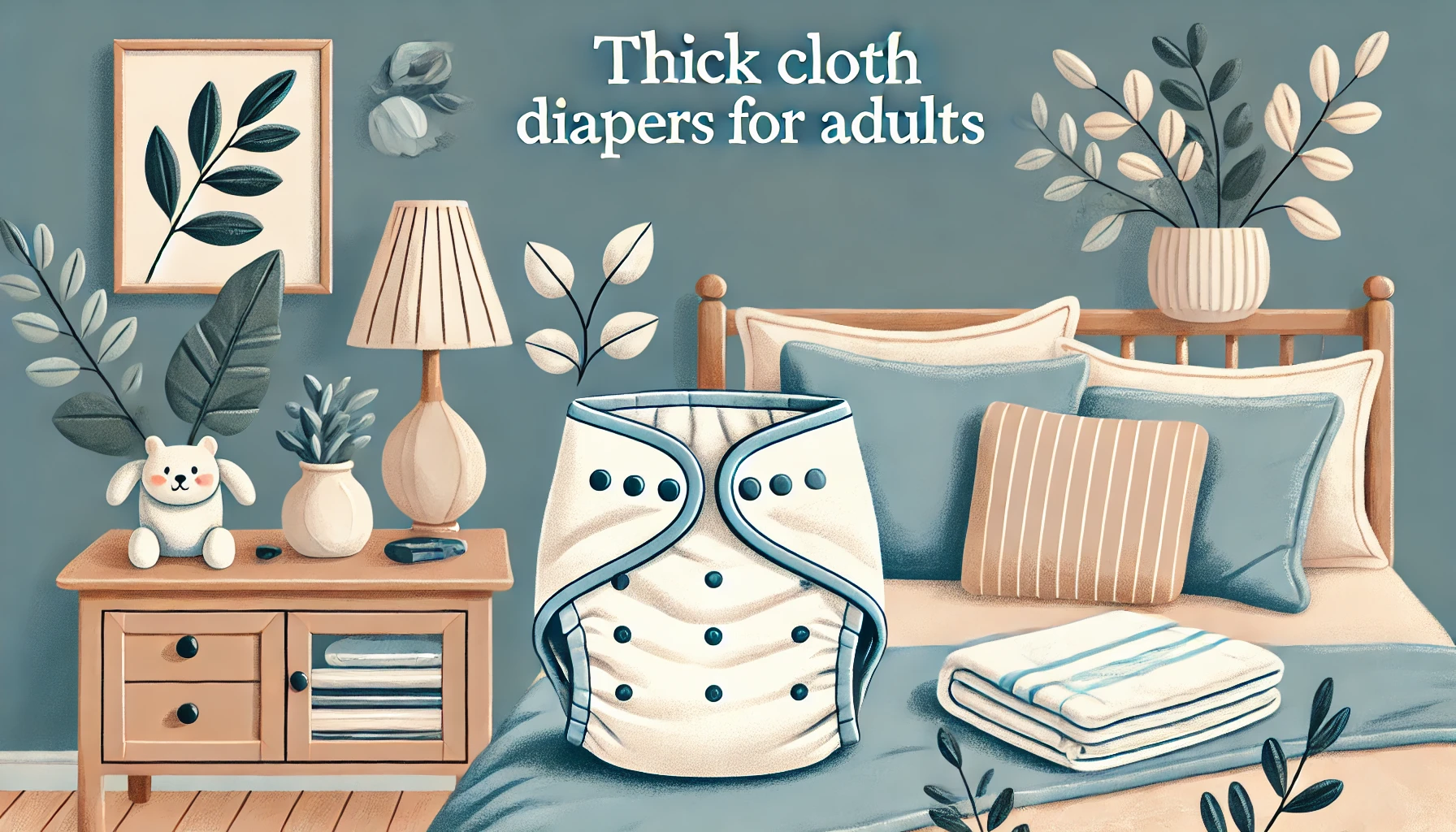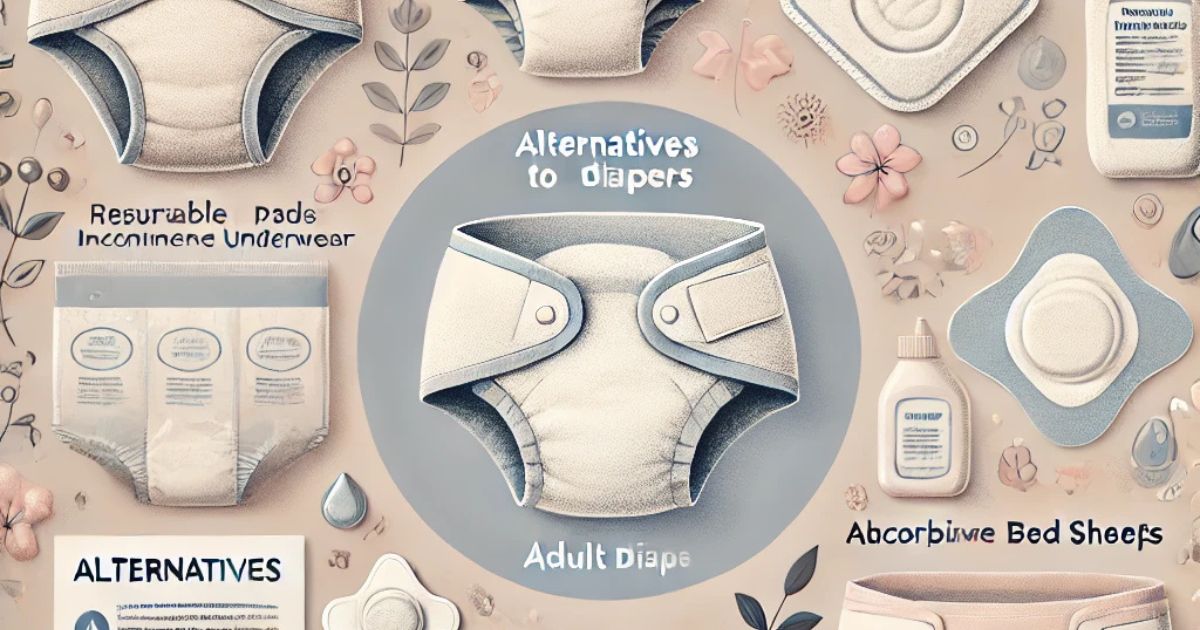Embracing Life: Stories of Adults in Diapers
Incontinence is a condition that affects millions of people worldwide, yet it remains a topic shrouded in stigma and embarrassment. For many adults, the use of diapers is a practical solution that allows them to live full, active lives despite their condition. This blog explores the real-life stories of adults who use diapers, highlighting their challenges, triumphs, and the lessons they’ve learned along the way. By sharing these stories, we aim to break the stigma and foster understanding and acceptance.

Overcoming Embarrassment: Sarah’s Journey
Sarah, a 45-year-old teacher, struggled with incontinence following a complicated childbirth. Initially, the thought of using adult diapers filled her with shame and embarrassment. “I felt like I had lost my dignity,” she recalls. However, the constant anxiety of potential accidents at work and social events forced her to reconsider.
Sarah began using diapers and gradually noticed a significant improvement in her quality of life. “The first few days were hard, but I soon realized that my fears were unfounded. No one noticed, and I felt more confident and relaxed.” Sarah’s story underscores the importance of prioritizing health and comfort over societal judgments.
Rediscovering Freedom: John’s Adventure
John, a 60-year-old avid traveler, faced urinary incontinence after a prostate surgery. The condition threatened to curtail his adventurous spirit. “I couldn’t imagine going on trips and constantly worrying about finding a bathroom,” he shares.
Determined not to let incontinence stop him, John researched and found high-quality, discreet adult diapers. “The right product made all the difference. I was able to hike, explore new cities, and even go on a safari without any issues.” John’s story highlights how practical solutions like adult diapers can help individuals reclaim their freedom and pursue their passions.
Finding Support: Lisa’s Community
Lisa, a 38-year-old IT professional, felt isolated after being diagnosed with multiple sclerosis, which led to severe incontinence. “I was embarrassed to talk about it, even with my closest friends,” she says. Lisa’s turning point came when she discovered an online support group for adults with incontinence.
“The community was a lifesaver. Sharing experiences and tips with others who understood my situation was incredibly comforting.” Lisa learned about different types of adult diapers and how to manage her condition effectively. Her story emphasizes the power of support networks in coping with health challenges.
Navigating Parenthood: Tom’s Experience
Tom, a 50-year-old single father, faced the dual challenge of managing his own incontinence while raising two young children. “I was worried about how my kids would react and how I would handle outings and activities,” he explains.
Tom chose to be open with his children about his condition. “I told them that Daddy sometimes needs extra help, just like when they wear diapers at night.” This honest approach helped normalize the situation for his children and eased Tom’s anxiety. “We go to the park, have picnics, and travel just like any other family,” he proudly shares. Tom’s story illustrates the importance of communication and openness in dealing with incontinence within the family context.
Embracing Change: Maria’s Transformation
Maria, a 55-year-old executive, experienced incontinence due to a neurological disorder. As a high-powered professional, she initially resisted the idea of using adult diapers, fearing it would undermine her image. “I thought it would affect how my colleagues viewed me,” she admits.
However, the stress of managing her condition without proper support began to take a toll. Maria eventually decided to prioritize her health. “I realized that being comfortable and confident was more important than any perceived judgments.” She invested in premium adult diapers that allowed her to maintain her professional image and focus on her work. Maria’s story showcases the transformative power of accepting and adapting to change.
Breaking the Stigma: Mark’s Advocacy
Mark, a 48-year-old social worker, was diagnosed with Crohn’s disease, leading to severe incontinence. “The stigma around adult diapers was overwhelming,” he says. Rather than hide his condition, Mark decided to become an advocate.
He started a blog to share his experiences and provide support and information to others facing similar challenges. “I wanted to show that there’s no shame in using adult diapers and that we can lead fulfilling lives.” Mark’s advocacy work has helped many individuals feel less alone and more empowered to seek the help they need. His story highlights the impact of breaking the stigma and fostering a supportive community.
Lessons Learned and Moving Forward
These stories of adults using diapers reveal common themes of resilience, acceptance, and the importance of support. They teach us several valuable lessons:
- Prioritize Health Over Stigma: Accepting the need for adult diapers and using them confidently can significantly improve quality of life.
- Seek Support: Whether through online communities, friends, or family, sharing experiences and gaining support is crucial.
- Stay Informed: Researching and finding the right products can make a significant difference in comfort and confidence.
- Communicate Openly: Honest communication about incontinence can ease anxiety and help normalize the situation for both the individual and their loved ones.
- Advocate for Change: Sharing personal stories and advocating for awareness can help break the stigma and support others facing similar challenges.
Conclusion
The use of adult diapers is a practical and often necessary solution for many individuals dealing with incontinence. By sharing real-life stories, we can foster understanding and acceptance, breaking down the stigma that often surrounds this condition. These stories of resilience, adaptation, and empowerment remind us that, with the right support and mindset, individuals can lead full and active lives despite the challenges of incontinence.









